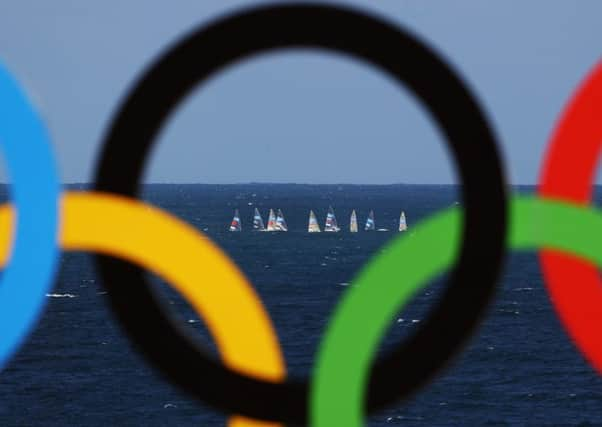Roger Cox: Surfing to be at Olympics 2020 but now problems begin


And yet, engrossed as I was, I couldn’t help also seeing the event from the point of view of a non-surfer. Even at J-Bay with a decent swell running and guys in the water who can paddle a surfboard faster than most people can run, there were still gaps in the action. Big gaps. You think there are long periods in American football matches where nothing much happens? Think cricket can be a little slow? Surfing contests make both these sports look positively action-packed by comparison (which is ironic, really, given that the American media seem to have categorised surfing as an “action sport).
The trouble is, surfing is a lot like fishing: you have to put yourself in a place where you think a good wave is going to break, and then you have to wait there patiently for Mother Ocean to deliver the goods. And watching people waiting can be very, very boring.
Advertisement
Hide AdIn between waves, surfing does not look like an “action sport”. I don’t know what the average ratio of actual surfing to waiting around for waves or paddling back out after riding waves is in the WSL, but I’d be surprised if many 20-minute heats contained more than two or perhaps three minutes of waveriding action. I enjoy watching surfing contests enough that I’m happy to put up with the longueurs, but I can see that your average, semi-interested non-surfing viewer would probably lose interest in about the time it takes to boil a kettle.
So the news, announced last week, that surfing will be an official Olympic sport at the 2020 Games in Tokyo, made me panic a little bit on its behalf. As already established in this column a few weeks ago, when a spot in the Olympics was starting to look like a very real possibility, the surfing conditions in Japan in the middle of the summer are not likely to be great. If a typhoon swell happens to coincide with the Olympics we could see anything up to eight foot waves for a period of two to three days; if not, surfing’s debut at the five-ring circus will be held in what respected surfing guidebook The Stormrider Guide says are more typical conditions for the time of year: “1-2ft mush”.
At one point it seemed as if artificial wave pools might be used to remove the element of chance, providing guaranteed waves of a contestable standard, but according to the president of the International Surfing Association (ISA) this is not going to happen.
Even assuming a best-case scenario then – a thumping eight foot swell hammering the coast of Japan’s Chiba Prefecture (the surf zone closest to Tokyo) just in time for the scheduled surfing contest – it’s hard to see how surfing could capture the imagination of the average Olympics viewer in, say, the same way that halfpipe snowboarding has done since it was introduced to the Winter Olympics. Halfpipe events are a perfect fit for our Attention Deficit Disorder age: “Look, a big jump! Another big jump! A big jump and lots of spins! Oh, he’s fallen over. Next!” Surfing – in the ocean, as opposed to in an artificial wave pool – can’t provide anything like that intensity of viewer experience. Not even with the best surfers on the planet riding the best waves in the world, as they were at J-Bay the other week. And in Japan, even if the waves somehow miraculously turn on, it’s highly unlikely that the competitors will all be of the same high standard as those on the WSL. Of the 53 athletes currently ranked on the pro tour, all bar four are from either Australia, the USA, Brazil or South Africa. It’s great that countries other than the four surfing superpowers will now get to compete on the world stage, but, realistically, the quality of the surfing – particularly in the early rounds – won’t be nearly as high as it is in the pros.
And that’s the best-case scenario. The worst? The big day dawns, the first time surfing has ever featured in the Olympics, round one, heat one, and... “Ladies and gentlemen, here we have two surfers who are not bad but not great, flailing around in dribbly, ankle-high waves.” The world shrugs, changes the channel, watches Columbo repeats instead.
I’d love to be able to get excited about surfing making it into the Olympics, and I’m trying, but it’s hard to see how we’ll end up with an event that does the sport justice. n